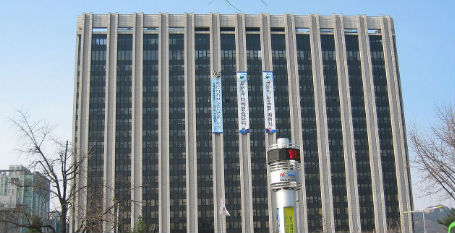Seoul Metropolitan Government has succumbed to pressures from anti-gay groups and scrapped plans to enact a human rights charter because it included the right to not be discriminated against on the basis of sexual orientation or sexual identity.
The charter suggested by a 180-member Citizens Committee was due to be enacted by the city on Human Rights Day Dec. 10.
However, the Seoul Metropolitan Government announced Nov. 30 announced that it won’t accept a charter even though a clause on gay rights was voted on by the committee and carried through. The Metropolitan Government squashed that vote following anti-gay protest rallies at City Hall in central Seoul.
“We have demanded the committee determine all 50 clauses by consensus because clauses that were decided by a vote can evoke social conflicts,” said Jeon Hyo-gwan, chief of the Seoul Innovation Bureau, according to the Korea Joongang Daily.
“But some of them were determined by a vote and we consider that a failure. As we reject the committee’s decision, we won’t be able to announce the charter by World Human Rights Day,” Jeon added.
The daily pointed out that those in favor of equality rights insisted that the anti-discrimination clause be very explicit to include sex, sexual orientation, sexual identity in addition to the more obvious religion, disability, age, social class, birthplace, nationality, ethnic group, appearance, political opinions, etc.
Committee members in opposition, including those from conservative Christian denominations and anti-gay organizations wanted a watered down clause just saying “Seoul citizens have a right to oppose any discrimination.”
The issue was put to a vote and the first group won. The subsequent announcement by the government was criticized by the committee. “There is no public policy that can be determined unanimously,” said a Citizens Committee statement released later that day. Citizens made the charter with enough discussions for a long time “and it is a false claim that we have failed to finalize the charter,” it said.
Male and female same-sex relations is legal in South Korea although it is not specifically mentioned in either the South Korean Constitution or in the Civil Penal Code. But politicians remain under pressure from religious groups that oppose gay rights.
Anti-same-sex relations are heavily influenced by conservative religious groups with same-sex marriage or civil partnerships neither legal nor expected to be. There are also no legal protections against discrimination and no hate crimes legislation.
General awareness of same-sex relations also remains low among the Korean public and many Korean gays and lesbians prefer not to reveal their gay identity to their family, friends or co-workers.

